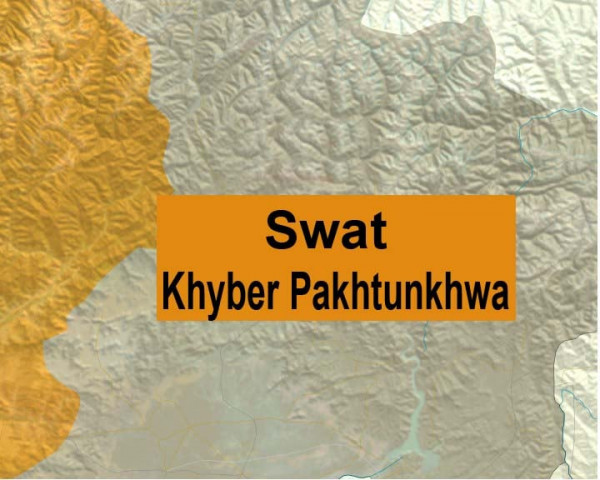Militancy, floods hit hard Swat silk industry
Militancy coupled with disaster and electricity loadshedding has hit hard silk Industry in Swat.

Militancy coupled with disaster and electricity loadshedding has hit hard silk Industry in Swat. Silk is the largest industry in Swat providing livelihood to more than 50,000 workers. The industry was started by the formerly princely state’s last ruler, Miangul Jahanzeb.
At its peak when it flourished there were more than 400 silk mills throughout the valley, playing a vital role in the economy of the valley. But the disruption in the economic life caused by the Taliban, extended hours of loadshedding and indifference of government towards the sector after the 2010 floods has resulted in its decline. More than 300 industries have been shut down rendering more than 30,000 workers jobless,” said Sarzamin Khan, President of the Silk Unit Owners Association of Swat. Now only 86 industries are in operation.
“The industries presently employing 20,000 workers are unstable and can shut down anytime,” he feared.
Information Secretary of the association, Jahan Iqbal said that “Three years of insurgency and then floods combined, devastated the whole industry and the owners suffered losses of Rs130 million but still the government has not extended any relief to them.”
He added, “Recently, five of our mills were auctioned and sold away as scrap. Silk is the only industry in Swat and if the government did not pay attention to it, it will soon go out of business,” he said.
Appealing to the Prime Minister Yousaf Raza Gilani and President Asif Zardari, he said, “The government should take special measures for the revival of the silk industry and announce grants and packages for the owners so that the declining industry could once again be restored to its previous strength.”
Bakht Rawaan, a silk-industry worker, said, “When the industry was at its peak, we would earn Rs15,000 per month which has now plummeted to Rs5,000. It used to be good work for the poor artisans, but now everything seems to be slumping with the silk industry.”
He added that the wages even did not cover their utility bills that is why majority of the workers have either migrated to other parts of the country in search of greener pastures or taken up other job.
Published in The Express Tribune, May 13th, 2011.













COMMENTS
Comments are moderated and generally will be posted if they are on-topic and not abusive.
For more information, please see our Comments FAQ